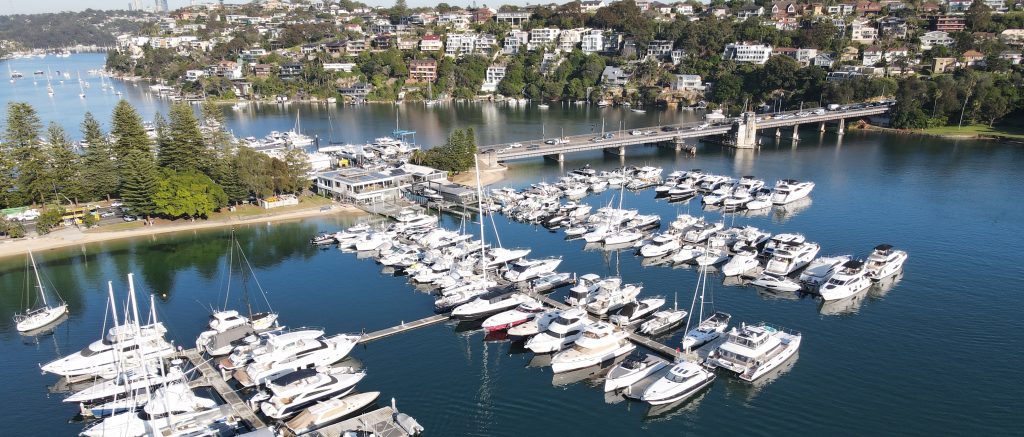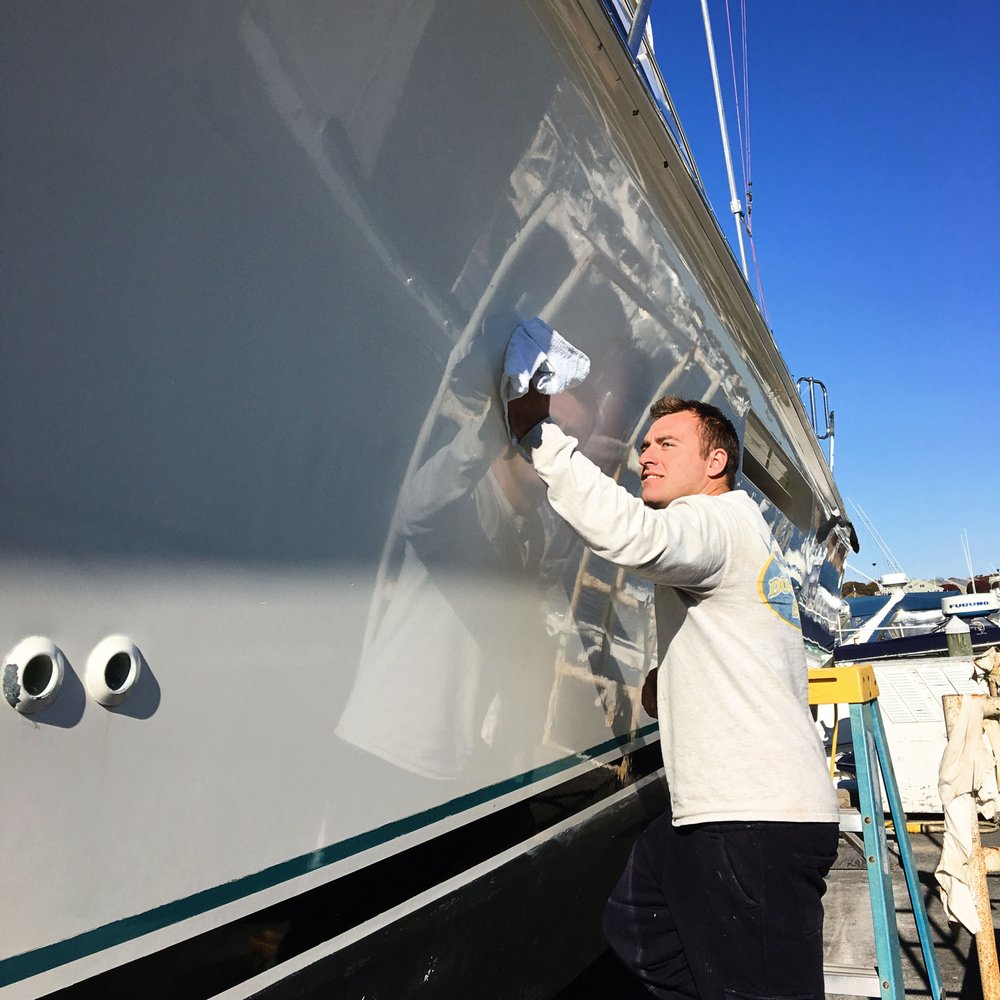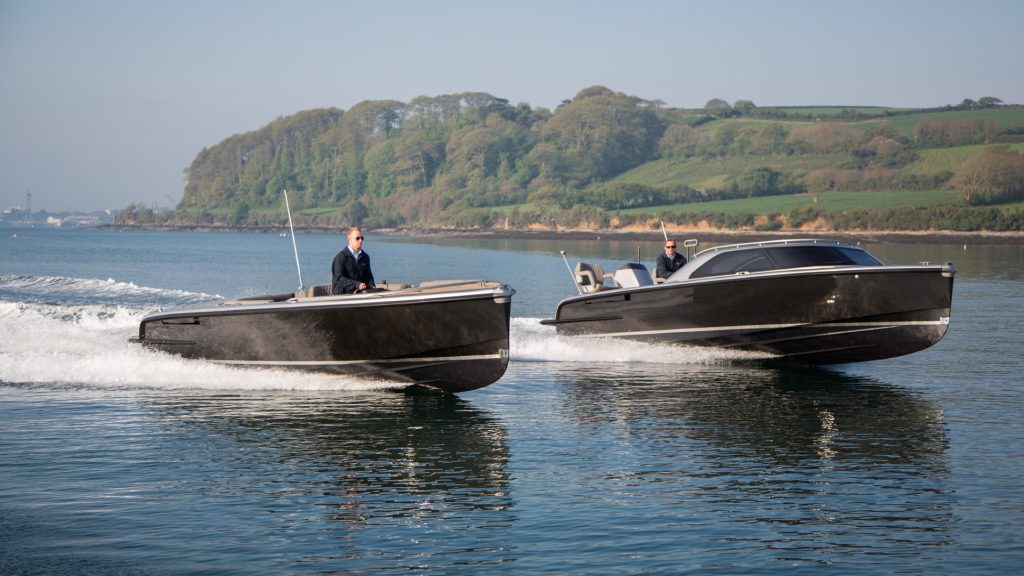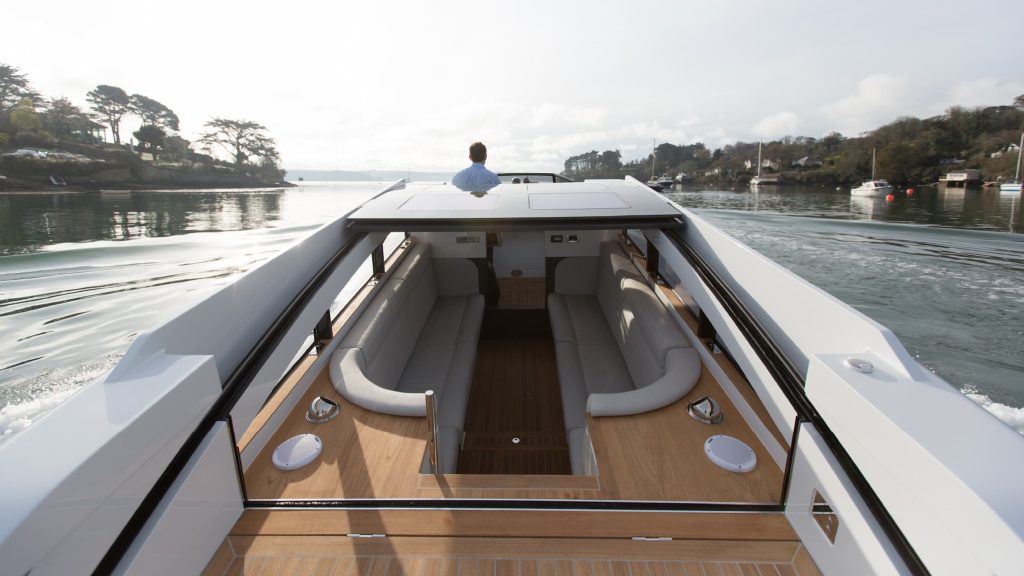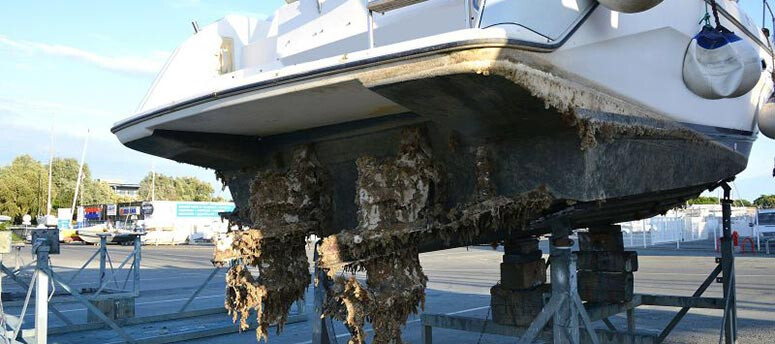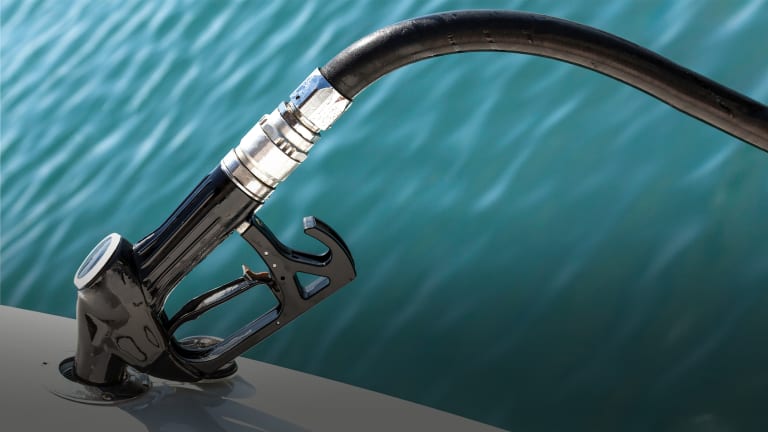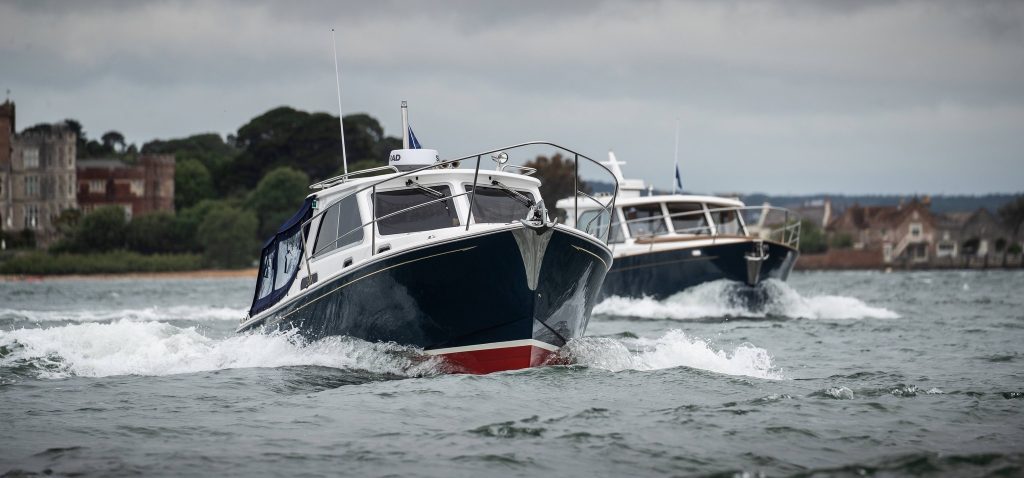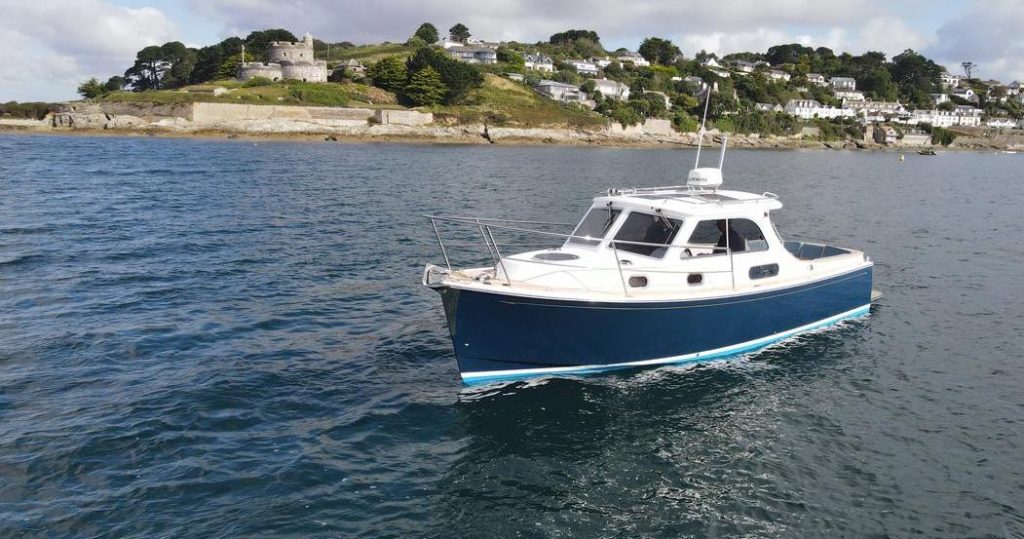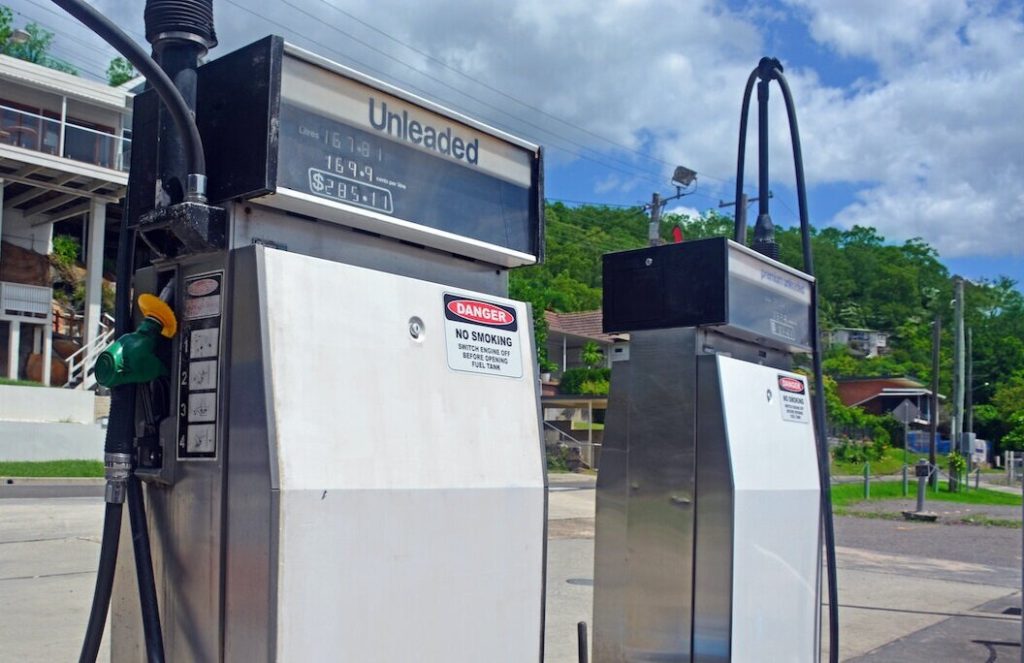The sales of rigid inflatable boats (RIBs) are currently on the rise overseas and are widely utilised by marine professionals in various operations. Although they are still growing in popularity for recreational boaters in Australia, they are highly sought after in certain corners of the marine industry, particularly for military, rescue, and commercial applications where they demonstrate exceptional performance. However, are RIB boats limited to these specific purposes, or can they be used for casual day boating as well? In this article, we will explore the facts about RIB boats and discover why they are a worthwhile investment for various boating needs.
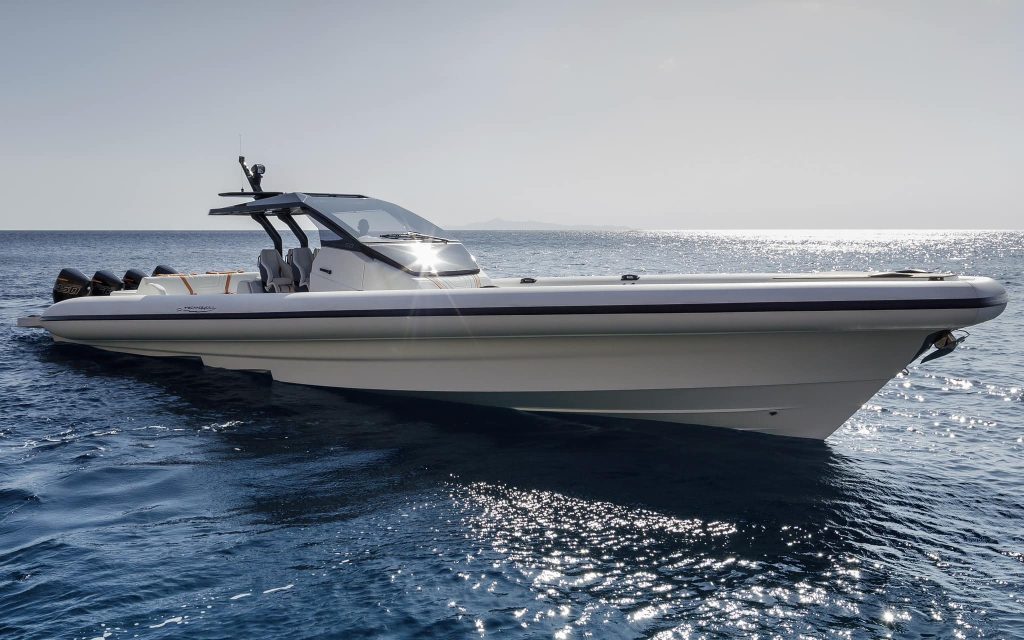
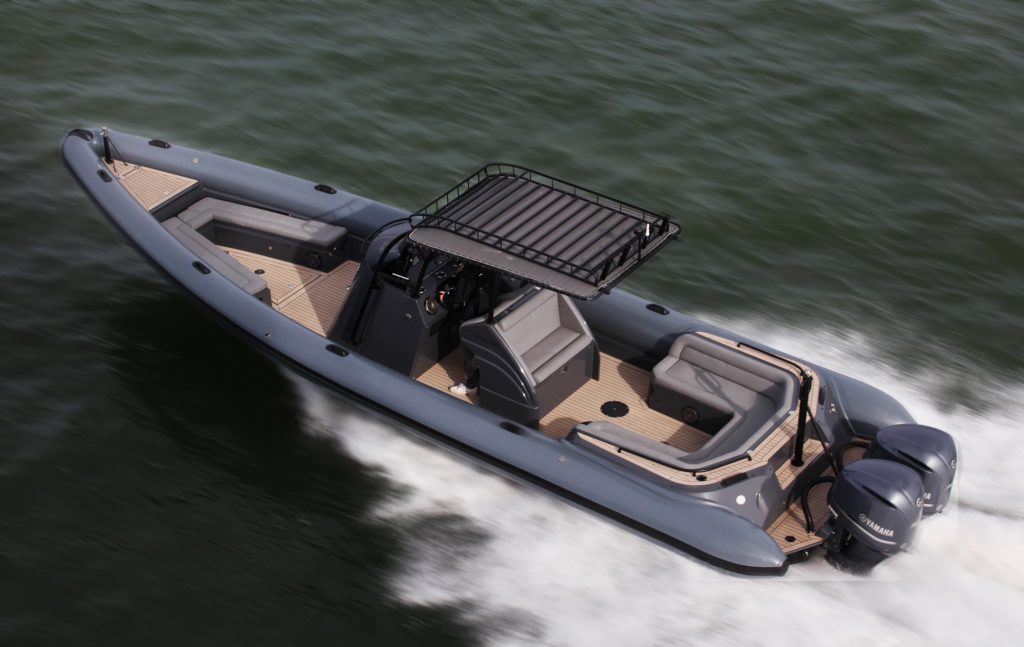
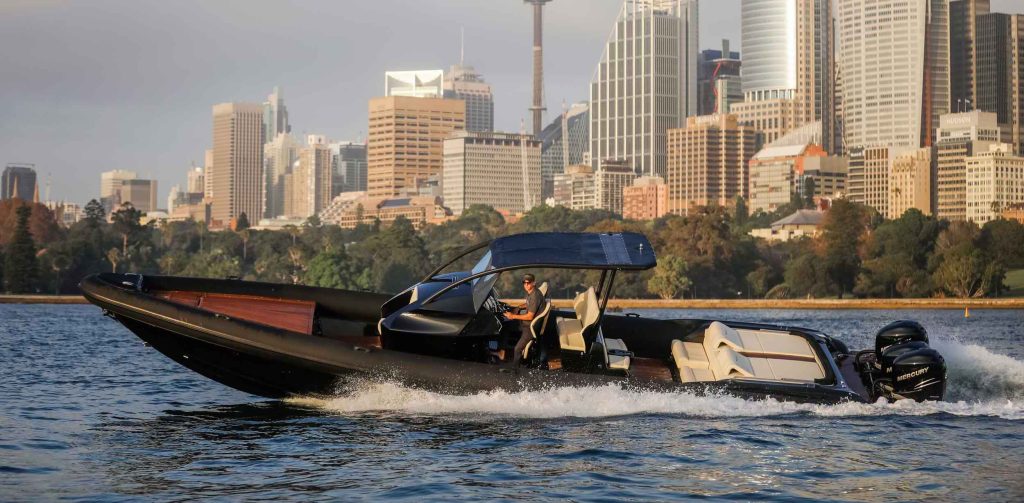
Are RIB Boats Durable?
Originally designed as lifeboats, RIBs are known for their durability and ability to withstand harsh conditions. Certain special forces RIBs are even built to be bulletproof, enhancing their durability. Another advantage of RIBs is their resistance to punctures. The inflatable tubes are divided into multiple air chambers, making it difficult to puncture them. In fact, some manufacturers claim that RIBs can still be used in emergencies; most large RIBs even if all the tubes are deflated, the hull still floats. Lastly, high-quality RIBs, such as those commonly used in marine rescue services, can have an operational life of approximately 30 years.
Are RIB Boats Stable?
RIBs are very stable boats. The combination of a hard hull and inflatable collar provides superior stability, making RIBs virtually unsinkable in all weather conditions, at high speeds, and even when carrying heavy loads.
Can RIB Boats Carry Heavy Loads?
RIBs can carry heavy loads for their weigh because they are very lightweight due to their inflatable siding and laminate hull construction. This makes them more fuel-efficient and allows them to carry a larger load compared to the standard vessel which only made from GRP aka Fibreglass.
Are RIB Boats Fast?
Because of their light build and the way they sit on the water, RIBs have a very high power to weight ratio and so are faster than their non-inflatable counterparts. Additionally, regardless of size, RIBs can accommodate larger engines that support more horsepower, making them the preferred choice of marine professionals such as the Navy SEALs and towing companies.
Are RIB Boats Difficult to Manoeuvre?
The hard v-hull on rigid inflatable boats allows them to track just as well as a traditional vessel. They excel at manoeuvring in tight spaces and around other boats due to their responsiveness and precision. This makes docking and side-tying to other vessels easier and safer.
Do RIB Boats Consume More Fuel?
Fuel is often the biggest expense for commercial and leisure boating operations, however, RIBs provide an excellent way to cut costs without sacrificing functionality. They are more fuel-efficient than other vessel types because they require less power to reach desired speeds, thus increasing their range. This means you can get more work done or travel to more destinations with the same amount of fuel.
Are RIB Boats Safe?
An advantage of RIBs is their increased safety due to the inflatable collar that surrounds the boat. It not only helps protect your boat and other boats while docking and manoeuvring in tight spaces, but it also reduces the impact if you ever happen to get into a more serious collision, ensuring the safety of you and your passengers.
Are RIB Boats Comfortable for Passengers?
The stability and ability to absorb shocks provided by RIBs create a fantastic experience for your guests, even in rough water conditions. Additionally, passenger RIBs are specifically designed to offer your guests a wonderful view and a comfortable seating arrangement.
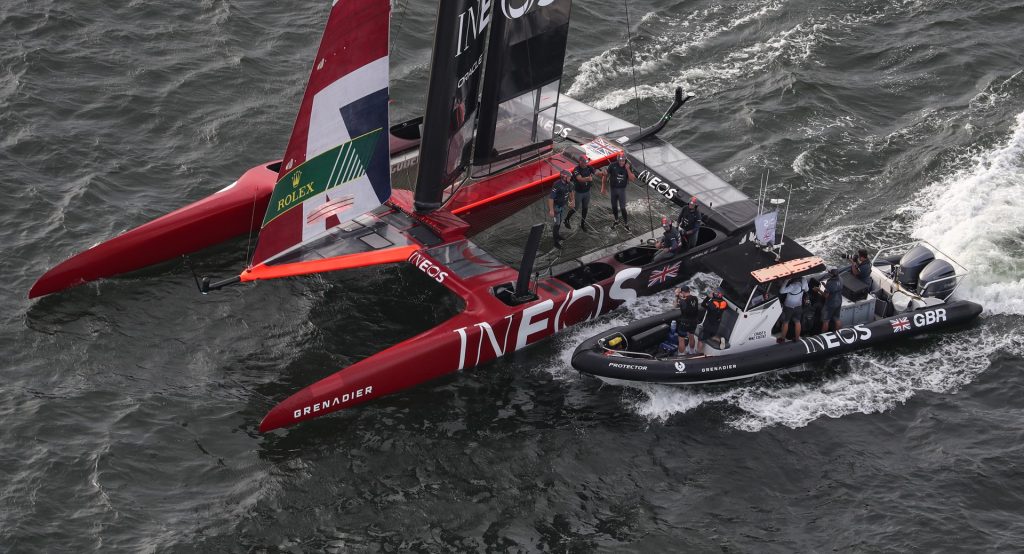
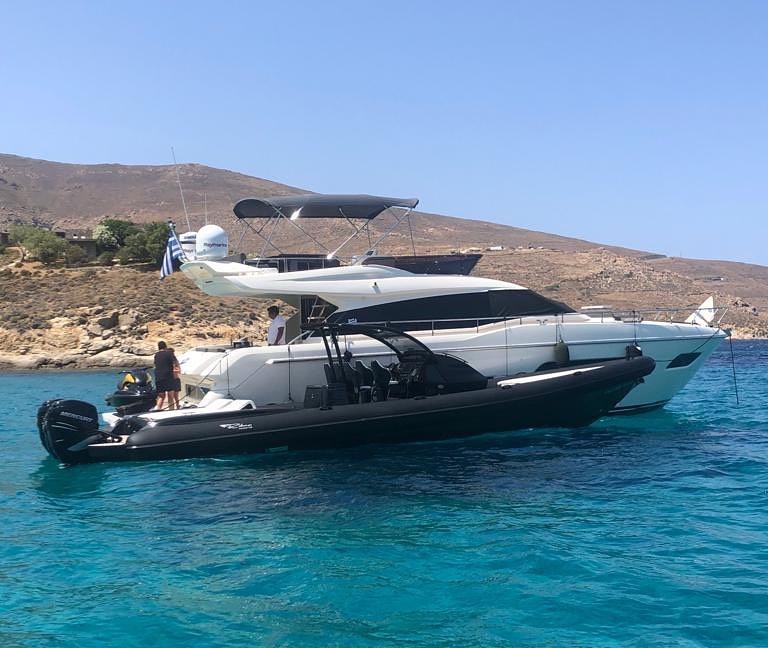
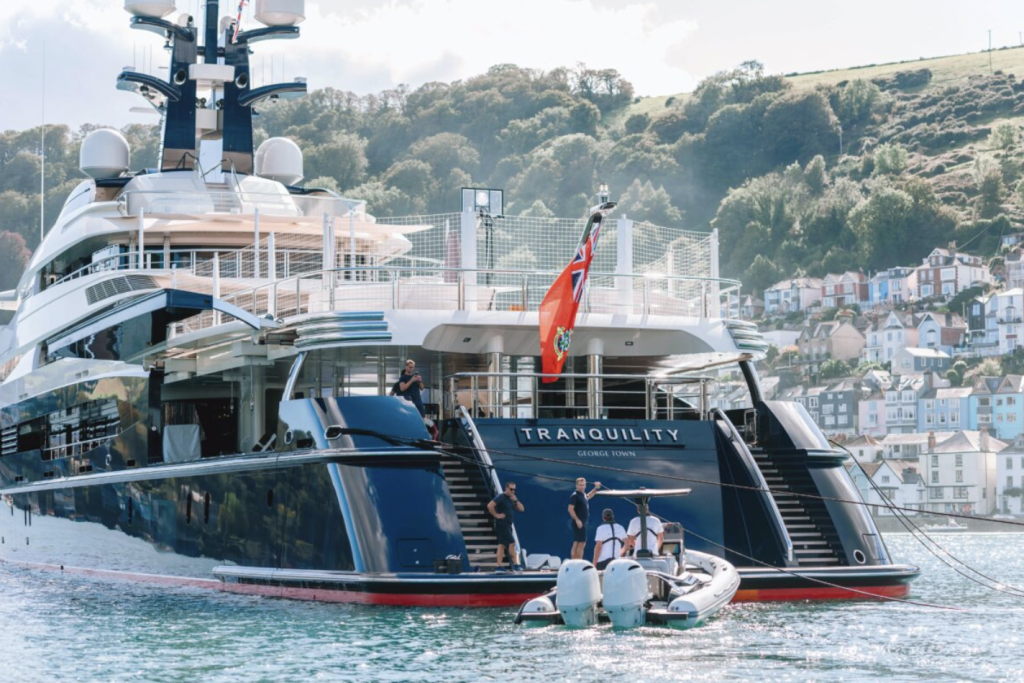
What are RIB boats used for?
Here is a list of various uses for rigid inflatable boats:
Recreational Boaters:
- Watersports
- Exploration and Cruising
- Fishing
- Dinghy for Yachts
- Family and Leisure Activities
Military:
- Soldier and Gear Transportation
- Training Exercises
- Special Operations
First Responders:
- Search and Rescue
- Medical Response
- Evacuations and Transportation
Commercial Passenger Boats:
- Tender and Transportation
Workboats:
- Transportation and Crew Transfer
- Maintenance and Inspection
- Towing
Law Enforcement:
- Patrol and Surveillance
- Crowd Control and Event Security
Do RIBs get damaged under the sun?
For some parts of Australia, the sun can be extremely hot during certain times of the year. Yes, RIBs can get damaged by the sun, but no need to worry! You can always cover them up, and then it’s not going to be an issue. Just like fiberglass boats, you have to protect them too by cutting and polishing them, waxing them, and covering them. RIBs are no different. If you cover the tubes, they will last for decades.
Now that you have learned a lot about RIBs, it’s clear why they are becoming popular among marine professionals worldwide. If you want a reliable and fun boating experience, considering a RIB is definitely worth it.
To find the best RIB for your needs, here’s a list of some of the top RIB boats on the market today, as well as a list of the best websites to find used RIB boats. There are plenty of advantages to purchasing a used boat as well.
